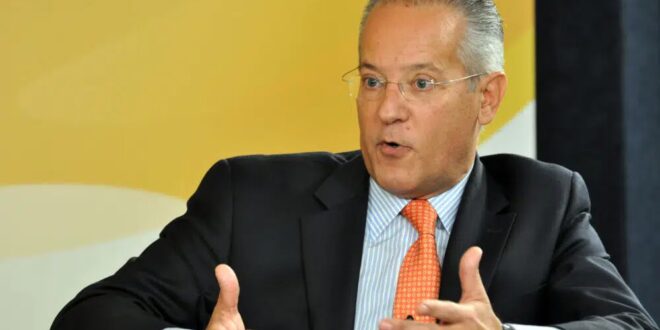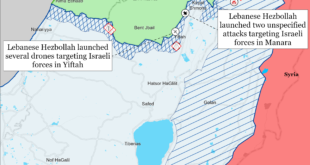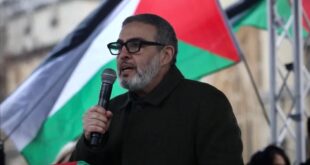In the negotiations with Kosovo, Serbia must extract the maximum from the minimum, and the minimum is the fact that it entered into a war with NATO and lost it, Ivan Vejvoda, a permanent associate of the Vienna Institute for Social Sciences told FoNet, who sees a compromise in the intermediate space in which Serbia does not have de facto government in Kosovo, but it exists de jure through the UN Charter.
We live with each other, next to each other, but we live in Europe and we all want to become members of the European Union (EU), so we have to come to grips with what is the condition for entering the EU, Vejvoda assessed in the Agreman series of talks on foreign affairs. Serbian politics.
That’s why the important step that was taken in Brussels on Monday is to get into a situation where we can calm the rhetoric and tensions and lay the foundations so that people, primarily the Serbian community in Kosovo, feel safe. By doing so, we open up the possibility to move towards Europe faster, Vejvoda explained.
He points out that the European proposal for the Kosovo issue is a step forward and the result of what happened before.
Milošević’s overall policy in the 1990s, the entry into the war with NATO, which Serbia lost and capitulated in June 1999, and 20 years of retreating through various negotiations have brought us here. Whoever is in power, I think he would be faced with this situation, Vejvoda is convinced.
He also reminded that former Prime Minister Zoran Đinđić was clear that Serbia must resolve its relationship with Kosovo as soon as possible, because it is an obstacle for democratic reforms and European integration.
In negotiations of this type, the key is compromise, each side has to give up something in order to get exactly the basis of peace and to be able to sail into some calmer waters, said Vejvoda, stating that Serbia is starting from the minimum at which it waged war with NATO and lost.
This is the geopolitical, political and geographical basis on which the negotiations are conducted, he assessed and specified that this situation, where Serbia does not have de facto power in Kosovo, but has de jure through resolution 1244, is the intermediate space where a compromise takes place.
The most important thing is that the people who live there feel safe and have some prospect for a more peaceful future, emphasized Vejvoda and added that Serbia must find its place in the puzzle of stability and peace, so that it could be the same in other parts of the region.
As he presented, we must understand that we are not big, neither a region nor a country, but that in no way diminishes our dignity, determination and self-confidence.
In this geopolitical constellation, with the Russian invasion of Ukraine, Europe wants to ensure permanent security and peace, because it is not in anyone’s interest, especially us, to have one unresolved issue, Vejvoda emphasized.
He assessed that regional integration is progressing, but more slowly than one would like, although he believes that the achievements of the countries of the Western Balkans within the framework of the Berlin Process and the Open Balkans are important.
According to him, the Open Balkans is controversial for some, and for others it is an addition to integrate, calm and stabilize the region.
It is another in a series of regional initiatives, but every effort is welcome, they just need to be combined to be more effective, concluded Vejvoda.
 Eurasia Press & News
Eurasia Press & News




